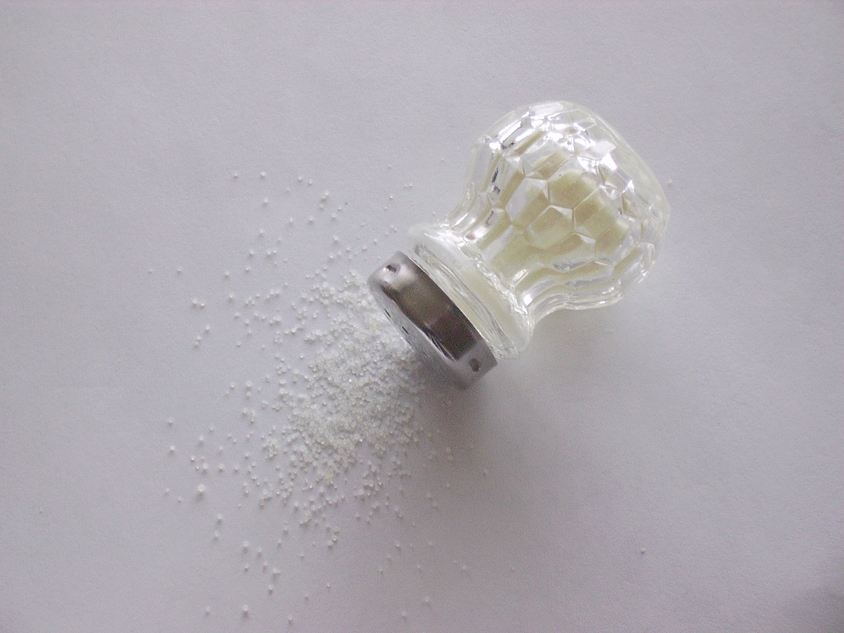
Reducing Salt Intake Might Harm Heart Failure Patients
Close to 6 million Americans have heart failure while more than 870,000 cases are diagnosed each year. If you have heart failure, it means your heart isn’t pumping as well as it should be and, as a result, your body is probably not getting enough oxygen. In other words, you have a weak heart.
Once-simple activities, like walking or carrying groceries, may become difficult, and you may also experience fatigue, shortness of breath, fluid build-up and coughing.
February 8, 2016 | Source: Mercola | by Dr. Mercola
Close to 6 million Americans have heart failure while more than 870,000 cases are diagnosed each year. If you have heart failure, it means your heart isn’t pumping as well as it should be and, as a result, your body is probably not getting enough oxygen. In other words, you have a weak heart.
Once-simple activities, like walking or carrying groceries, may become difficult, and you may also experience fatigue, shortness of breath, fluid build-up and coughing.1
Because heart failure is associated with fluid build-up, a low-salt diet is typically recommended. Excess sodium may cause your body to retain water and, so the conventional thinking goes, may worsen the fluid build-up associated with heart failure.
This dietary dogma is touted as fact, but in reality you may want to think twice about slashing your salt intake if you have heart failure, as new research has linked it with an increased risk of death.
Cutting Down Salt Intake Might Worsen Health of Heart Failure Patients
Researchers from Rush University Medical Center in Chicago followed more than 800 heart failure patients for an average of three years. Both their health status and salt intake were analyzed.2
It turned out that those following a low-sodium diet were 85 percent more likely to die or require hospitalization for heart disease compared to those who didn’t restrict their salt intake.3
Among those restricting their sodium intake, 42 percent died or were hospitalized for heart problems during the study, compared to 26 percent of those with no salt restrictions.
The researchers concluded, “In symptomatic patients with chronic HF [heart failure], sodium restriction may have a detrimental impact on outcome.”4 It’s possible that restricting salt could backfire by altering a person’s fluid volumes. Lead researcher Dr. Rami Doukky told Medical Xpress:5
“The idea is sodium restriction leads to a contraction of the fluid volume in the body, and that turns on certain hormones which try to retain fluids in the body and may potentially accelerate the heart failure process.”
